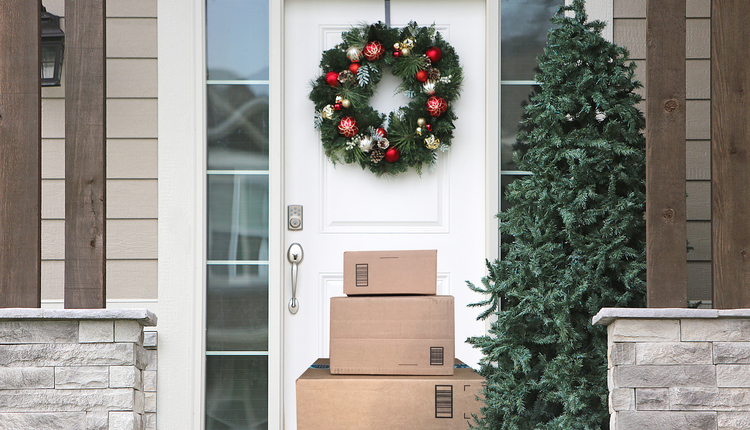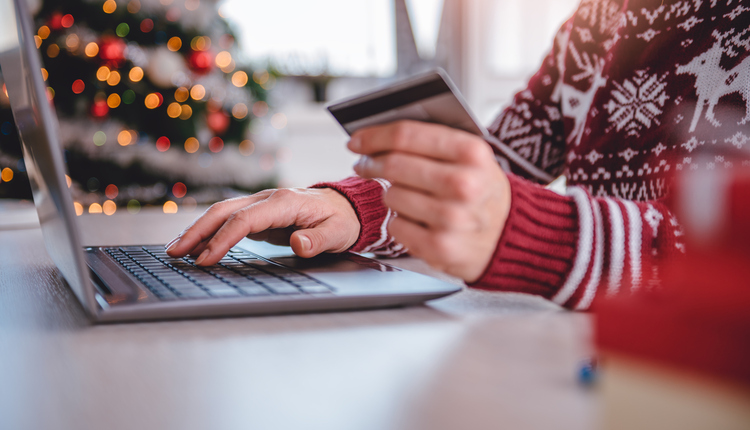Last-mile delivery providers are used to moving quickly and being flexible. Many are strategically located in densely populated cities, allowing distribution in urban environments to run quickly. In that sense, the industry was able to adjust to the COVID-19 pandemic more easily than other industries – continuing to prioritize and move quickly to get essential packages to consumers.
To provide that essential service, last-mile delivery companies had to make quick changes to keep deliveries safe and efficient, while also adapting to rapidly shifting consumer behavior. Many of these changes will have a major impact on the future of e-commerce, the supply chain and the delivery industry overall. Here are some key changes we’ve seen, and how we believe those changes will impact the last mile delivery landscape during the next phase of the pandemic, and even post-pandemic.
- Accelerated conversion of retail to online: Before COVID-19, the trend toward online shopping was already in motion. But with behavior shifting radically during the pandemic, we expect many of those behaviors to stick during the next phase of the pandemic and even post-pandemic, driving the growth of e-commerce even faster than anticipated. For example, even older generations, who were more hesitant to shop online, have done much of their shopping online during the pandemic. Now that they have had that exposure, many will continue this behavior.
- Technology focused on efficiency and automation: In many cases, removing signature requirements and experiencing less traffic on the streets has improved efficiency and speed for last mile delivery companies. While interventions like these will not last, organizations have looked to technology, like driver apps and automation, to retain those efficiencies. We see the growth of innovative technologies as a trend that will continue post-pandemic as companies continue to see increased demand from the accelerated conversion to online shopping.
- Shifting delivery timing: While many retailers have been forced to prioritize essential deliveries and extend delivery timeframes in the face of the crisis, others have been ramping up same day delivery. A LaserShip study conducted in February 2020 showed “Fast and Free” to be the most important factors for customers when making online shopping decisions. When the crisis is over, we believe consumers will demand “Fast and Free” again and retailers who are able to achieve that quickly will have the upper hand.
- Types of good delivered: Since the start of the pandemic, we have seen changes in types of deliveries and quantities. For example, in March, some retailers of non-essential goods shut down, while others saw less demand. Recently, we started to see surges in retail purchases for stores with brick-and-mortar locations that are shut down. At the same time, we are also seeing deliveries of masks and gloves in preparation for locations planning to reopen in the coming weeks. There has also been a huge increase in deliveries of medical supplies and perishables, including meal kits, and we expect increased demand in those categories to continue for the duration of the pandemic, and even beyond.
- Safety remains top priority: To prioritize employee and customer safety, organizations across the board have implemented increased sanitization and strict social distancing policies. For last mile delivery organizations, this has included scattered timing for independent contractors in warehouses and removing signature requirements for deliveries. Last mile delivery companies’ sharp focus on safety during the pandemic will remain a strength and focus in the future.
The impact of the crisis on the future of last mile delivery is still to be determined but all signs point to trends – like an accelerated conversion to online shopping and continued investment in technology to drive efficiency and automation – to continue. For now, the industry is focused on staying on top of the demand, in a safe way for our employees, independent contractors and the community.
Josh Dinneen, SVP of Commercial Development at LaserShip, the largest regional e-commerce parcel carrier in the US, operating in the largest and fastest growing metro areas in the eastern part of the country.



















